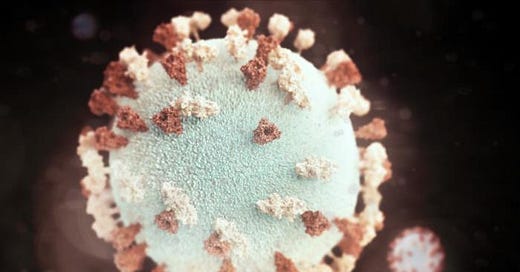Officials with the Solomon Islands Ministry of Health and Medical Services’ (MHMS) report an increase in detection of mumps cases in the Honiara area over the past few weeks.
Three out of the six specimens sent overseas for confirmatory tests have tested positive for mumps.
MHMS Deputy Secretary Health Care and acting Incidence Controller Dr Gregory Jilini says the increase of mumps cases was detected at various satellite clinics and urban health clinics in and around Honiara, including the National Referral Hospital.
“Analysis of the data collected from our hard-working medical staff on the ground at various clinics in and around Honiara show that there is an increase of mumps cases, and we are working closely with partners to ensure this is being managed and contained,” said Dr Jilini.
Mumps is an acute viral infection caused by the rubulavirus, also known as mumps virus. It is sometimes called ‘infectious parotitis’, as it causes painful swelling of the parotid and or salivary glands.
Mumps spreads from person to person via droplets of saliva or mucus of an infected person or sharing items that may have saliva on them, such as water bottles or cups.
Mumps is best known for the puffy cheeks and tender, swollen jaw that it causes. This is a result of swollen salivary glands under the ears on one or both sides, often referred to as parotitis.
Other symptoms that might begin a few days before parotitis include: Fever, Headache, Muscle aches, Tiredness and Loss of appetite.
Symptoms typically appear 16-18 days after infection, but this period can range from 12–25 days after infection.
Subscribe to Outbreak News TV on YouTube
Some people who get mumps have very mild symptoms (like a cold), or no symptoms at all and may not know they have the disease.
In rare cases, mumps can cause more severe complications, which can include:
inflammation of the testicles (orchitis); this may lead to a decrease in testicular size (testicular atrophy)
inflammation of the ovaries (oophoritis) and/or breast tissue (mastitis)
inflammation in the pancreas (pancreatitis)
inflammation of the brain (encephalitis)
inflammation of the tissue covering the brain and spinal cord (meningitis)
deafness
Most people with mumps recover completely within two weeks.
Mumps vaccine is the best way to decrease your risk of getting mumps. It is usually given as part of a combination vaccine that protects against three diseases: measles, mumps, and rubella (MMR).





